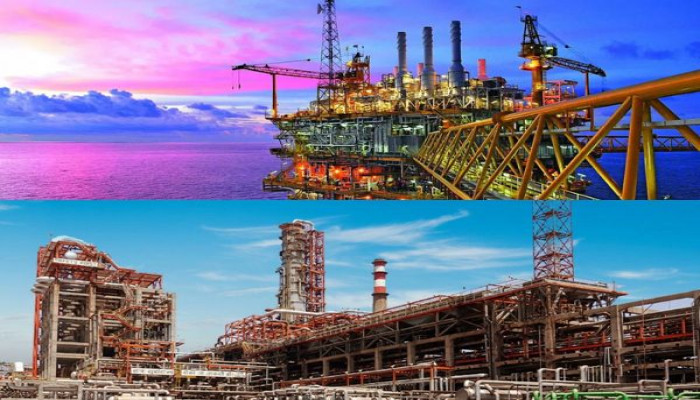MEA rejects EU sanctions on Rosneft-owned refinery in Gujarat, slams double standards
- In Reports
- 06:10 PM, Jul 19, 2025
- Myind Staff
The Ministry of External Affairs on Friday said it does not support the European Union’s move to impose "unilateral sanctions", after Brussels sanctioned Russia, which included actions against a Rosneft-owned refinery in Gujarat.
"India does not subscribe to any unilateral sanction measures. The Government of India considers the provision of energy security a responsibility of paramount importance to meet the basic needs of its citizens," MEA spokesperson Randhir Jaiswal said in a post on X.
He added, "We would stress that there should be no double standards, especially when it comes to energy trade."
The European Union has announced sanctions on the Indian operations of Russian energy company Rosneft and also reduced the price cap on oil, as part of a broader set of measures against Russia in response to the war in Ukraine.
The new sanctions package includes fresh banking restrictions and limits on fuel produced from Russian crude oil.
The updated oil price cap, which is set at 60 US dollars per barrel, means Russia will have to sell crude at lower prices to buyers such as India. As the second-largest importer of Russian oil, India could benefit from this measure. Russian crude currently accounts for nearly 40 per cent of India’s total oil imports.
Rosneft holds a 49.13 per cent stake in Nayara Energy Ltd, formerly known as Essar Oil Ltd. Nayara operates a refinery in Vadinar, Gujarat, with a capacity of 20 million tonnes per year and manages more than 6,750 petrol pumps across the country.
A special purpose investment vehicle, Kesani Enterprises Company, also owns 49.13 per cent of Nayara. Kesani is owned by Russia’s United Capital Partners and Hara Capital Sarl, which is a fully owned subsidiary of Mareterra Group Holding, formerly Genera Group Holding S.p.A.
Due to EU sanctions, Nayara is now barred from exporting fuel like petrol and diesel to European countries. Other sanctions announced include a ban on the Nord Stream pipelines and a stricter price cap on Russian oil exports.
In December 2022, the Group of Seven nations imposed a 60 US dollar per barrel price cap on Russian oil sold to third countries. Under this rule, Western insurance and shipping services could only be used if the oil was sold at or below the capped rate. The aim was to reduce Russia’s oil revenues while keeping global energy markets stable. However, the price cap was later criticised for being largely ineffective in limiting Russian income.
The European Union and the United Kingdom had been advocating for a lower price ceiling after global oil prices fell, making the existing 60 dollar cap less meaningful.







Comments